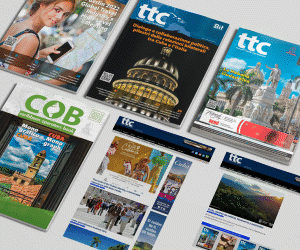The Wall Street Journal, By Jessica Donati
WASHINGTON— The State Department said Friday that public charter flights between the U.S. and most Cuban destinations—though not the nation’s main city, Havana—would be suspended in an effort to reduce the Cuban government’s revenue, another step in the Trump administration’s move to clamp down on the island.
The State Department said the suspension, affecting nine destinations, would restrict Cuba’s ability to continue to finance Venezuelan President Nicolás Maduro’s authoritarian government.
“In suspending public charter flights to these nine Cuban airports, the United States further impedes the Cuban regime from gaining access to hard currency from U.S. travelers,” the State Department said in a statement. The State Department said in the statement that charter operators have a 60-day period to discontinue flights.
Carlos Fernández de Cossío, the Cuban Ministry of Foreign Affairs’ general director for the U.S., described the move as another punishment inflicted on the people and government of Cuba. “Vicious attempt to pressure Cuba economically to bend our political will and step on our sovereign rights has proven to be nasty and damaging, but unsuccessful,” Mr. de Cossío said.
The Cuban ambassador to the U.S., José Ramón Cabañas, said on Twitter the new measures would simply drive more passengers to use domestic airlines to travel internally.
The action is the latest by the Trump administration to increase economic pressure on Cuba. The measures seek to reverse the Obama administration’s historic shift to a more open stance towards Cuba, which led to an increase in travel between the two countries.
In May, the Trump administration ended a two-decade waiver of a key part of the 1996 Helms-Burton act that allows U.S. nationals to lodge claims against foreign companies that do business in Cuba for damages for property seized by the Castro regime.
In June, it barred cruise lines, yachts, sailboats and private flights from going to the island, one of the most popular means for American tourists to visit Cuba. In October, the Trump administration suspended commercial air travel between all Cuban airports and the U.S. except for Havana’s José Martí International Airport.
Cuba Study Group, which advocates for engagement with Cuba, said the measures would hurt ordinary families and do little to harm the regime.
The Cuban regime has managed to survive harsh U.S. economic and political pressure in the decades since Fidel Castro seized power in the 1959 revolution, but it has been hit hard by the economic collapse of Venezuela, a key supplier of subsidized oil.
Cuba was hit by fuel shortages and blackouts late last year, and blamed the U.S. for trying to cut off supplies.
Earlier this week, a State Department official signaled the Trump administration plans to continue to add pressure on Cuba in an effort to curb its support for Mr. Maduro in 2020.
“Maduro remains in power only because of the support he receives from Cuba and Russia,” the official told reporters. “The United States will cut off Cuba’s remaining sources of revenue in response to its intervention in Venezuela.”
Earlier this week, Cuba’s foreign minister, Bruno Rodríguez Parrilla, wrote in a tweet that about 624,000 Cubans living abroad had visited the island in 2019. The vast majority, about 553,000, came from the U.S. According to Cuban government figures, the number of visits by Cubans living abroad almost doubled from 361,000 in 2014.
According to Cuban tourism figures, the island had some 3.9 million visitors in the first 11 months of 2019, down 8.5% from the same period a year earlier.
“The big loosers are Cubans families,” said Collin Laverty, whose company organizes educational tours to Cuba from the U.S. “If you are the guy in Miami who visits their family once a year, you may have to do it once every two years.”
John Kavulich, president of the U.S.-Cuba Trade and Economic Council, a New York-based nonpartisan organization that provides information and analysis about Cuba, questioned the effectiveness of the administration’s policy of punishing Cuba for its support of Mr. Maduro. “Can anybody say with a straight face that President Maduro is any closer to becoming Mr. Maduro?” he said.

MORE NEWS











